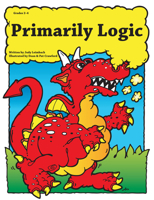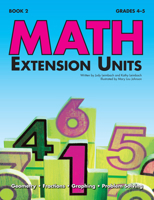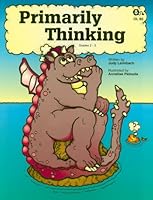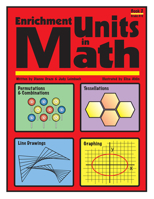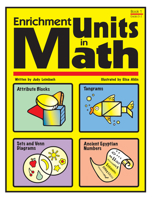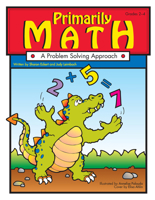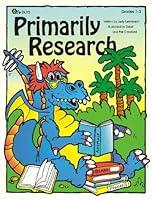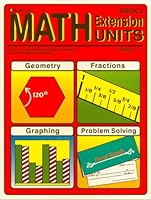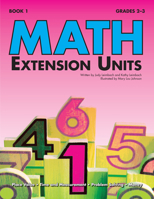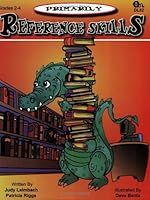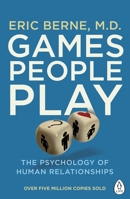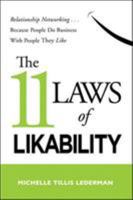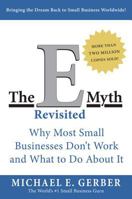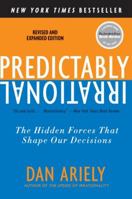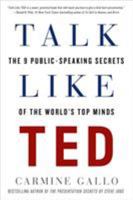Inventive Weaving on a Little Loom: Discover the Full Potential of the Rigid-Heddle Loom, for Beginners and Beyond
Select Format
Select Condition 
More by Judy Leimbach
Book Overview
Rigid-heddle weaving is simple to learn, is easy to master, and offers a lifetime of possibilities to discover Inventive Weaving on a Little Loom covers everything rigid-heddle weavers need to know about the craft, from the basics -- how to select a loom, set it up, and get started -- to a wide variety of fun techniques that yield beautiful results. Begin by exploring a variety of weave structures, including finger-manipulated laces, tapestry, and color play with stripes, plaids, and multicolor yarns. Then move on to more complex designs and irresistible projects, from pillows and curtains to bags, shawls, and even jewelry. Explore warp-face patterning, weft-pile weaving, weaving with fine threads, woven shibori, shadow weave, and the textural effects you can create with different yarns and with wire and conductive thread. Everything you need to know is here, with fully illustrated step-by-step instructions to ensure success.
Format:Paperback
Language:English
ISBN:1603429727
ISBN13:9781603429726
Release Date:November 2015
Publisher:Storey Publishing
Length:296 Pages
Weight:2.11 lbs.
Dimensions:0.7" x 8.2" x 9.9"
You Might Also Enjoy
Customer Reviews
1 customer rating | 1 review
Rated 5 starsExcellent book for Rigid heddle weavers.
By Thriftbooks.com, Verified Purchase
All technical aspects are covered in this book with excellent illustrations.
0Report














